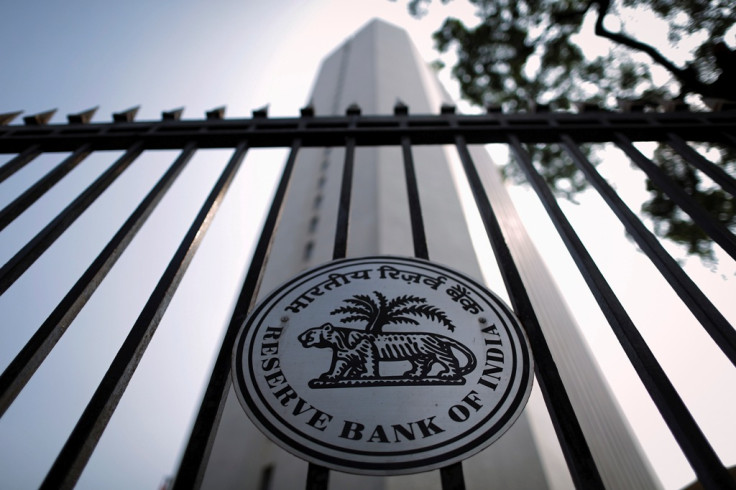India: RBI Amendments to Basel III Capital Norms Open Riskier Avenue for Retail Investors, Says Fitch

India's recent changes to additional Tier 1 (AT1) instruments may help banks to fill the sector's $200bn Basel III capital needs, but the AT1 market for Indian banks remains untested, and the new features may introduce retail investors to a riskier asset class, Fitch has said.
The Reserve Bank of India's (RBI) amendments to Basel III capital norms include allowing AT1s to have a shorter maturity of up to five years, be temporarily written down at a pre-specified trigger point, and sold to retail investors.
The capital requirement also builds in expectations of a pick-up in economic growth, following the advent of a new government with a clear electoral mandate and focus on policy reforms, the rating agency said.
Banks in the country would need to raise capital to support the process of economic recovery. Fitch has forecast real GDP growth of 5.5% in 2015 and 6.5% in 2016 for Asia's third largest economy.
Fitch said large private banks are the best positioned to take advantage of an economic recovery, given their scale, lower funding costs and higher capital levels. They need only 15% of the Basel III capital requirements.
Public sector banks would also benefit from a cyclical recovery, but to a lesser extent - in light of their high exposure to structurally weak sectors. The state-owned banks represent close to 85% of the capital gap and suffer from weak valuations, Fitch said.
Asset-quality pressures
Asset-quality pressures and declining profitability have hurt internal capital generation, thus raising their dependence on state capital.
"We believe AT1 securities would be likely to have to fill state-owned banks' capital needs in the near term - until improvement is evident in asset quality, profits and their ability to raise core capital," Fitch said.
While most features of the recent amendments are more creditor-friendly, they may also introduce moral-hazard risk, as the RBI may be forced to bail out retail investors should there be a need to impose losses.
The recent changes would probably lead the banks to switch to the domestic market for issuance of bank capital instruments, though its ability to fulfil the entire AT1 requirements is still uncertain.
Fitch said it expects Indian banks' stressed assets to peak by the financial year ending March 2015, led mainly by cyclical recovery, but added that the improvements will be slow as it will take time to resolve the large stock of problem loans.
© Copyright IBTimes 2025. All rights reserved.






















